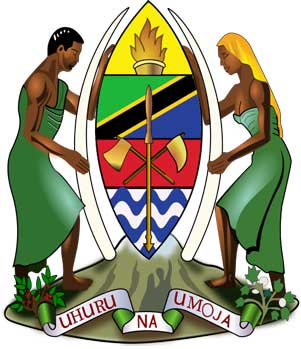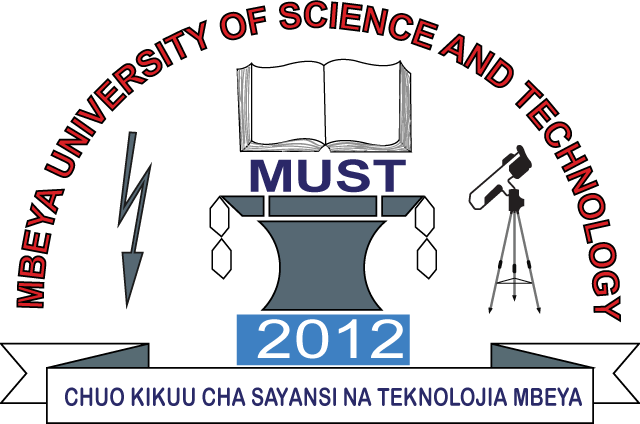
The United Republic Of Tanzania
Ministry of Education, Science and Technology
Mbeya University of Science and Technology
Leading Centre of Excellence for Knowledge, Skills, and Applied Education in Science and Technology


Leading Centre of Excellence for Knowledge, Skills, and Applied Education in Science and Technology

1.0. About the Department
Department of Gender Advocacy at the Mbeya University of Science and Technology (MUST) is first Advocacy Department on Gender to strengthen its engagement with students’ society organizations both male and female at MUST. It one of the Department within a Center for Gender studies at the Mbeya University of Science and Technology (MUST). The main goal of Department of Gender and advocacy is to challenge the powerful in favor of the deprived and disadvantaged ones. This can be achieved through a variety of strategies, such as discussing gender problems directly with policy makers, delivering messages through the media or outreach and strengthening the ability of organizations to advocate.
This Department will bring together various students and staff to create a platform for exchange, capacity building. It will also look to develop practical advocacy campaigns on men’s and women’s social participation and gender equality in academic on national level.
Department of Gender Advocacy has mandated to promoting gender equality and empowerment particularly as it relates to marginalized academic community. This mandate is achieved through ongoing programming, campaigns, resources, services, advocacy, and a commitment to accessibility.
1.2. Objectives
The main goals of Department of Gender Advocacy are:
1.3. Approaches to Advocacy
Advocacy in academics is the giving of public support to an idea, a course of action or a belief. It is also a strategy to influence university policy makers when they make laws and regulations, distribute resources and make other decisions that affect student’s lives, it is more collaborative action. It helps get the interest of the marginalized people or students represented and addressed in public policy, attitudes and practices. Three approaches can be used to advocacy:
1.4. Participants in Gender
The Department of Gender Advocacy is targeting all students Male & Female, student’s organization, staff, gender policy marker, advocates, active members of men’s and women’s organizations, mainstream human NGOs or non-formal civil society initiatives with a strong track record on advancing men’s and women’s participation and gender equality in general.
| SN. | Name |
|---|